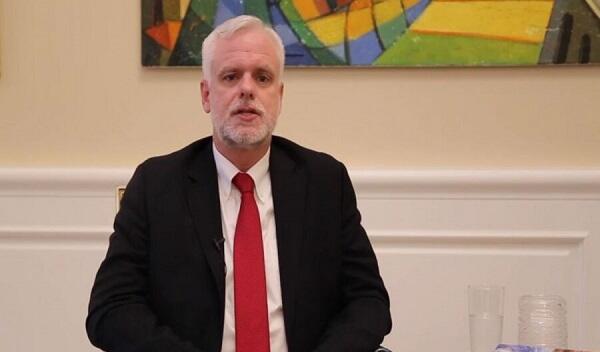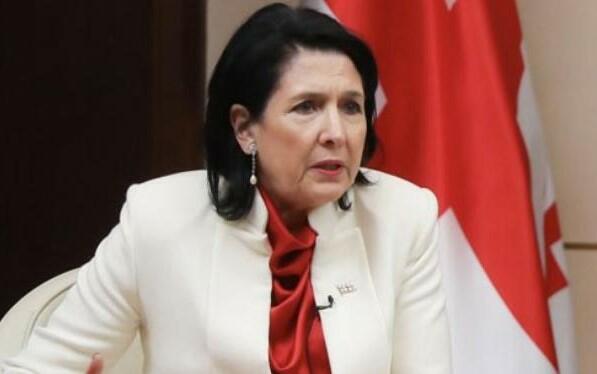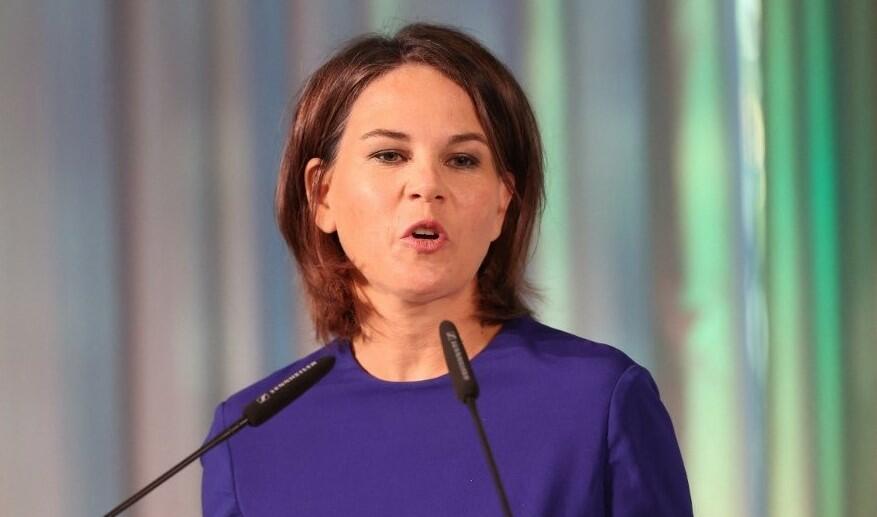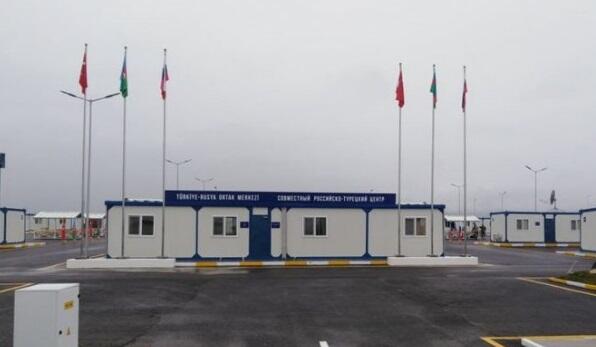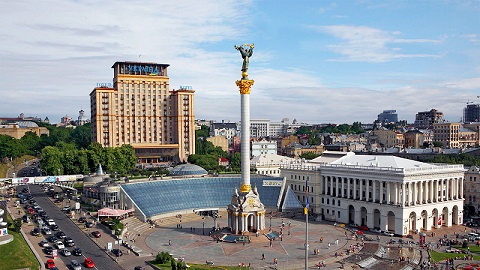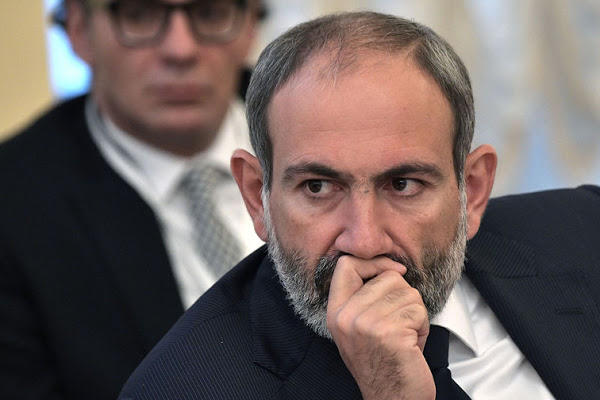Political paralysis persists in Spain 10 days into the
new minority government’s mandate as it has been unable even to
convene urgent cross-party talks on a budget for next
year.
Prime Minister Mariano Rajoy’s People’s Party (PP) and
opposition newcomer Ciudadanos have yet to set a date on when to
start talks on spending plans, even before presenting the draft for
approval from a largely hostile parliament.
The laboured process of negotiating an initial draft, which
could see the parliamentary vote on the budget delayed until
January, shows how sclerotic policy-making has become in Spain’s
new era of fragmented government.
"What you’re seeing with the budget is emblematic of the kinds
of difficulties in passing legislation that we expect to see going
forward," said Sarah Carlson, Senior Vice President of credit
ratings agency Moody’s.
"The process of being able to assemble a majority of
parliamentarians in order to be able to get pieces of legislation
through – even something that happens on a recurrent basis like the
budget – is going to be that much more difficult with a minority
government."
Usually, the government’s annual spending limit is decided in
July for the following year and the budget presented to parliament
for approval in September. The months of delays could mean a loss
of face for Spain, which only just escaped a fine from the European
Commission this year for missing its 2015 deficit target, and has
overshot it on other occasions.
Spain took 10 months to establish a government after two
inconclusive general elections and several unsuccessful attempts to
form a coalition in a country where the traditional bi-party system
was shattered by new political parties that rose to appeal to a
recession-battered electorate.
Rajoy received parliamentary approval for a second term on Oct.
29 thanks to the support of market-friendly Ciudadanos’s 32 votes,
but has the weakest mandate in Spain’s modern history.
He is seven votes short of an absolute majority in the
350-strong Congress, meaning he must scrabble for approval from
other opposition parties to push legislation through parliament.
This is a far cry from Rajoy’s previous term where he easily passed
laws thanks to an absolute majority.
The opposition Socialist PSOE and anti-austerity Podemos parties
have said they are likely to vote against the PP-proposed spending
plans.
Spain’s revised budget plan for 2017 will be a key part of
efforts to convince Brussels it is doing enough to shrink the
deficit.
The government needs to trim the deficit from a projected 3.6
percent of output next year to the 3.1 percent agreed with the
European Commission to avoid fines or a freeze on funds it receives
from the European Union.
It has already been granted another two years to bring the gap
within the EU’s recommended goal of below 3 percent of economic
output.






